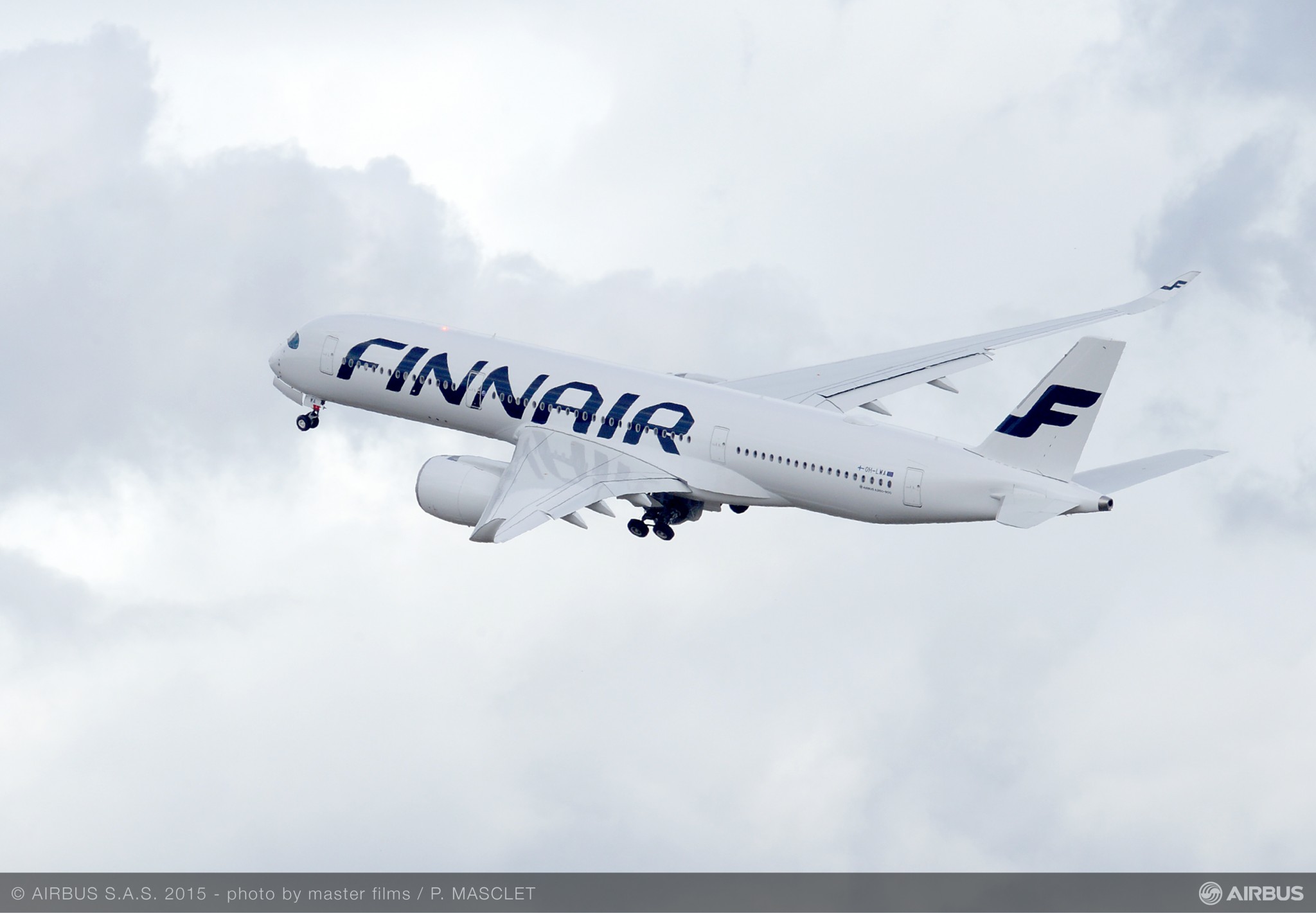In January 2022, Finnair carried 451,300 passengers, which was 427.3% more than in January 2021. The number of passengers in January 2022 was 25.1% less than in December 2021.
The COVID-19 impact, including the strict travel restrictions imposed by several countries due to the Omicron variant, still affected all passenger traffic figures. It was particularly visible in the North Atlantic and Asian figures even though travel from both Finland and Sweden to the United States and e.g., Thailand opened in November, thereby increasing the number of passengers carried by Finnair. Passenger traffic figures are, in general, clearly at their lowest during Q1 and, together with the Omicron impact, this was visible also in January figures compared to December 2021.
The overall capacity, measured in Available Seat Kilometres (ASK), increased in January by 499.5% year-on-year but decreased by 4.5% month-on-month. Finnair operated, on average, 209 daily flights (cargo-only included), which was 182.4% more than in January 2021 but 9.1% less than in December 2021. The differences between capacity figures compared to January 2021 are explained by the longer average stage length of flights operated and by the larger gauge of aircraft operated. Finnair's traffic, measured in Revenue Passenger Kilometres (RPKs), increased by 963.3% year-on-year but declined by 20.9% month-on-month. The Passenger Load Factor (PLF) increased by 19.7% points to 45.1% year-on-year but decreased by 9.3% points month-on-month.
The ASK increase in Asian traffic was 271.2% year-on-year. In European traffic, the ASKs were up by 616.5%. The ASKs in domestic traffic increased by 169.1%. RPKs increased in Asian traffic by 1,333.2%, in European traffic by 797.7% and in domestic traffic by 177.9% year-on-year. The PLF was 39.0% both in Asian traffic and in North Atlantic traffic but both were supported by the strong cargo operations. The PLF was 53.7% in European traffic and 54.0% in domestic traffic.
Passenger numbers increased in Asian traffic by 1,280.9%, in European traffic by 546.9% and in domestic traffic by 169.9% year-on-year. In North Atlantic traffic, ASK, RPK and passenger number growth rates year-on-year cannot be calculated as there were no passenger flights in January 2021.
In January, available scheduled cargo tonne kilometres increased by 425.2% year-on-year (increased by 6.4% month-on-month) and revenue scheduled cargo tonne kilometres increased by 278.5% (decreased by 13.5% month-on-month), both due to the impact of the COVID-19 pandemic on scheduled flights, especially in North Atlantic and Asian traffic, in January 2021. Cargo-related available tonne kilometres increased by 216.6% year-on-year (increased by 3.2% month-on-month) and revenue tonne kilometres increased by 135.0% (decreased by 13.8% month-on-month) and both include the cargo-only flights, operated mainly between Europe and Asia, as well as between Europe and North America. Cargo-only tonnes grew by 17.1% year-on-year (decreased by 15.3% month-on-month). Exceptionally strong demand for cargo capacity continued in January as the total cargo tonnes increased by 139.4% year-on-year. They decreased, however, by 11.9% month-on-month as the seasonality applies to demand for cargo as well.
In January, 63.1% of all Finnair flights arrived on schedule (80.7%). In addition to severe weather conditions, on-time performance was impacted by COVID-19-related challenges, such as travel restrictions, which required additional travel document checks, and higher-than-normal sick leaves, which caused resourcing challenges both internally and for service providers in the home hub as well as in outstations.

